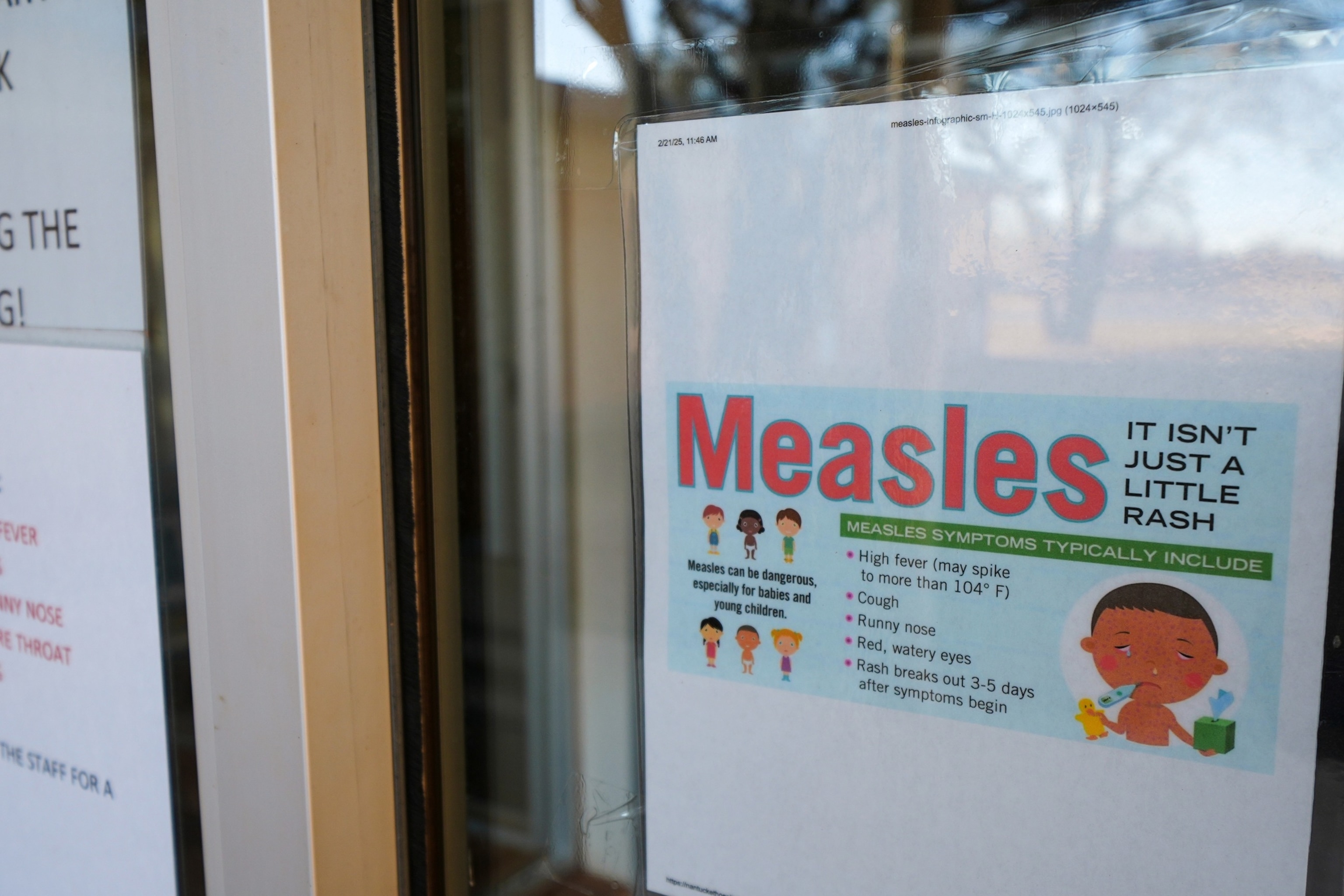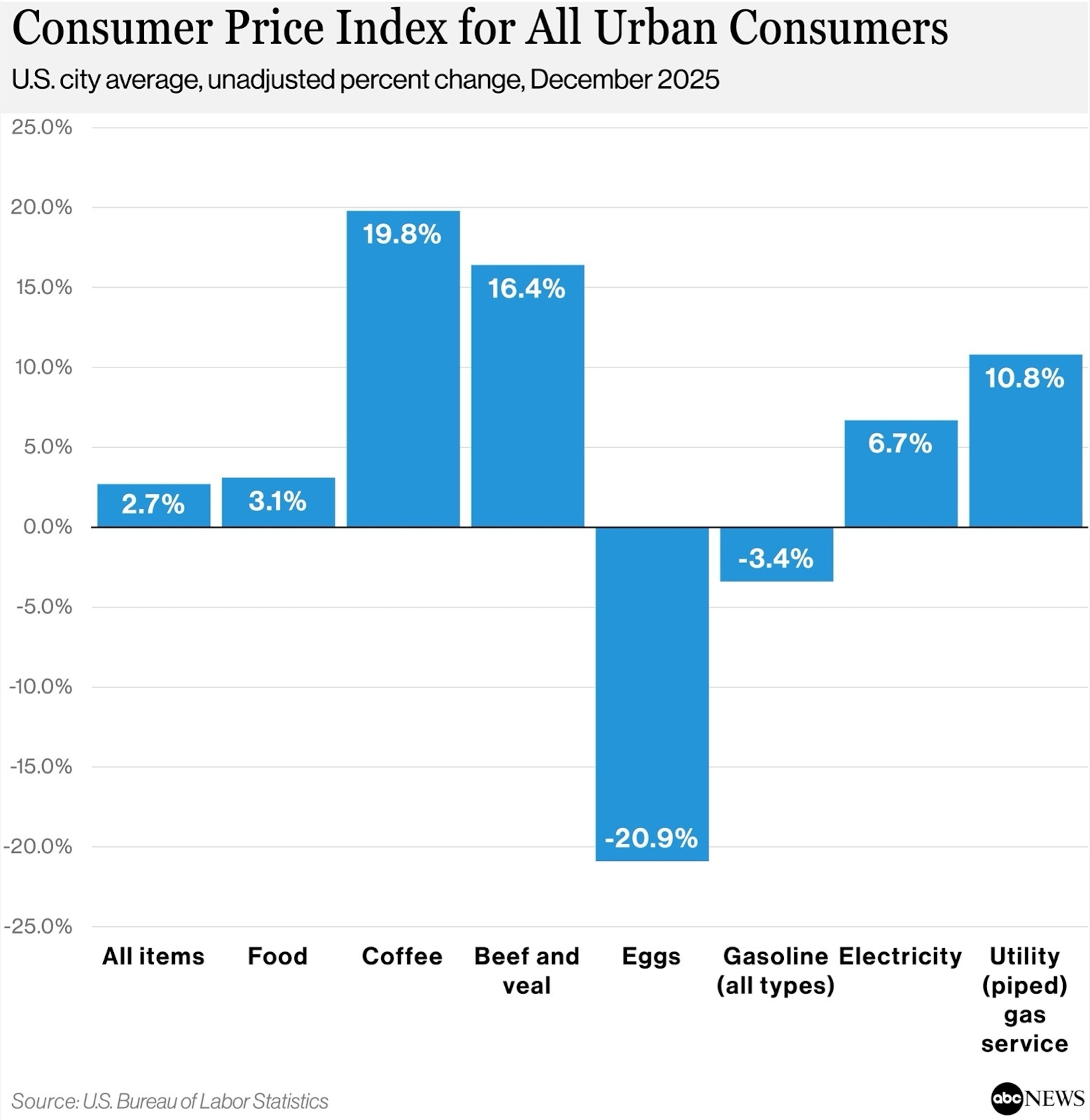Survey reveals half of Singaporeans resist young-onset dementia testing, even with symptoms

The survey findings were discussed by a panel comprising NNI’s head of service and consultant Chiew Hui Jin, Changi General Hospital senior consultant and psychiatrist Vanessa Mok, Dementia Singapore’s CEO Jason Foo and Milieu Insight’s head of research Nigel Lin.
Dr Chiew said that refusal to be tested for dementia is a common issue, and that it is particularly concerning when patients are not aware of their symptoms even though family members have noticed them.
This is because, in the pre-dementia stages, patients’ insight into their symptoms may already be weakened, making it harder to break through the denial that they might have the condition, he said.
Dr Chiew added that 20 to 30 per cent of patients with mild cognitive impairment may develop dementia after three years, depending on how they manage their risk factors.
The condition of patients with young-onset dementia tends to deteriorate faster compared to dementia in elderly patients, he said.
Almost 95 per cent of respondents were aware that dementia can affect people below the age of 65. But respondents were less familiar with the range of symptoms that can present in those with dementia.
Most were able to identify forgetfulness, difficulty performing familiar tasks and difficulty finding the right words as symptoms related to dementia.
But less than half identified mood swings, social withdrawal or isolation, clumsy motor skills, issues seeing or locating objects, fidgeting, and dizziness or headaches as symptoms.
Respondents ranked employment (30 per cent) as the area of life that would be most impacted by a diagnosis of young-onset dementia, followed by relationships (21 per cent), financial stability (17 per cent), personal care (16 per cent), life management (13 per cent) and hobbies and interests (2 per cent).
Notably, 59 per cent either disagreed or said they did not know enough about the lifestyle changes that can help to reduce the risk of developing dementia.
NNI’s Dr Chiew said that while a family history of dementia is a risk factor that cannot be modified, people can take action on other risk factors.
These include cardiovascular risk factors like diabetes, high blood pressure and high cholesterol. Lifestyle factors like smoking, consuming alcohol, physical inactivity and social isolation can also contribute.
Dementia Singapore’s Mr Foo said that young people who have been diagnosed with dementia may develop depression and have difficulty accepting or sharing their condition with others.
“Dementia is only a one-way direction, it just gets worse. And so the earlier you accept the condition, the earlier you do something about it, I think there’s a stronger chance that the deterioration may not progress that quickly,” he said.
Source: CNA















